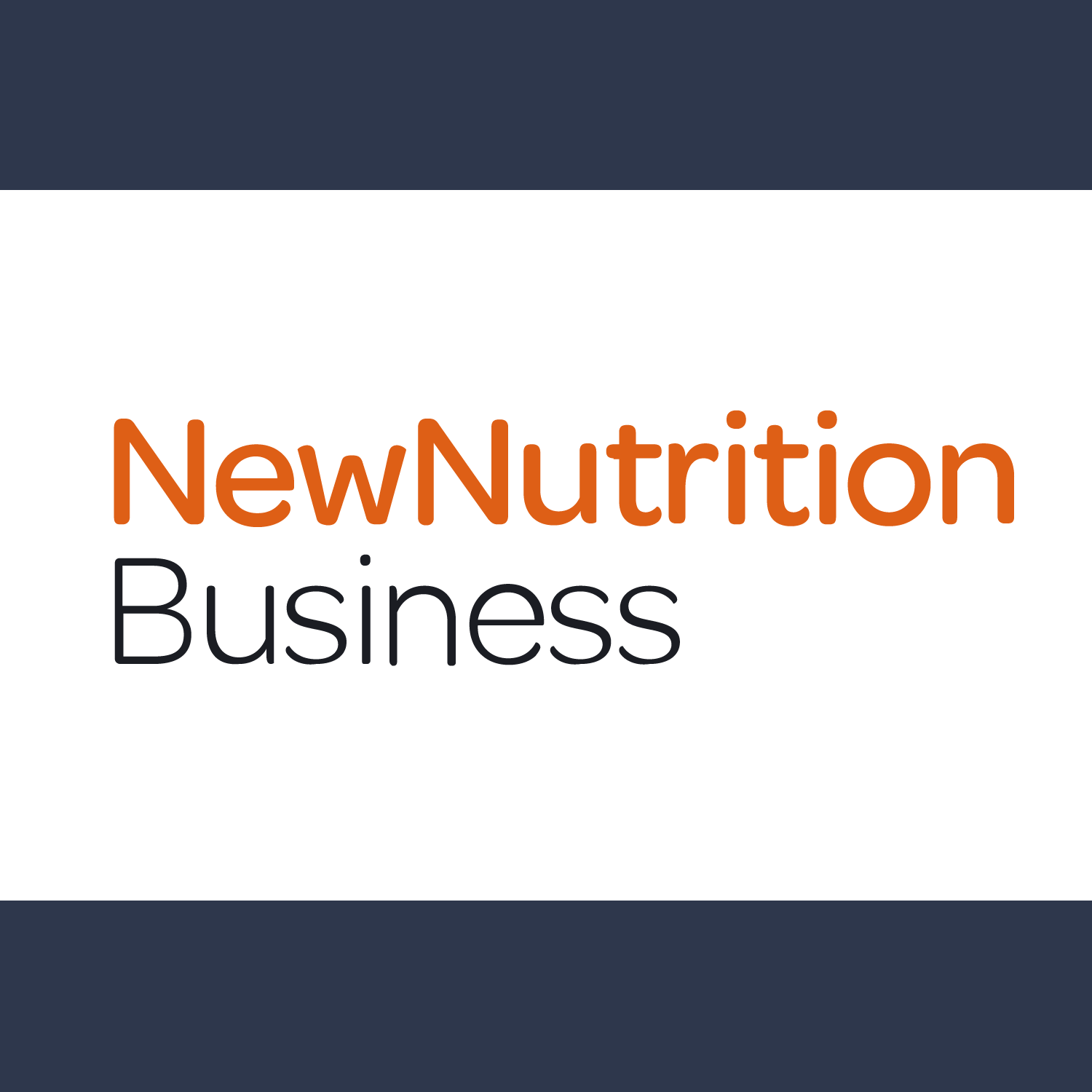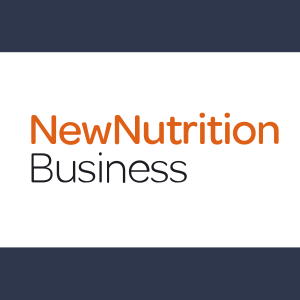
13.6K
Downloads
37
Episodes
We’ll tell you all about the latest news and trends in the business of food, beverage, nutrition and health. Find out more at new-nutrition.com.
We’ll tell you all about the latest news and trends in the business of food, beverage, nutrition and health. Find out more at new-nutrition.com.
Episodes

Monday Nov 17, 2025
New directions will keep the protein trend powering on
Monday Nov 17, 2025
Monday Nov 17, 2025
Consumer interest in dairy protein emerged among gym-goers in the 1990s and became mass-market 7 years ago. In this podcast, we introduce two emergent strategies from our annual 10 Key Trends report that explain why consumer demand for dairy protein will keep growing for many years to come. One strategy is protein quality, an idea that's unknown to consumers but it is dairy's untapped competitive advantage. Danone, Meijiand Nestlé are leading the charge in Asia, introducing the message of protein quality tothe influential sports and fitness consumers. The other is creatine, a long-established, science-backed sports supplement now crossing over into foods, with emerging benefits for muscle, energy and cognition. Pioneering brands are blending creatine and high-quality protein. Opportunities for innovation will surge.
Time: 25 minutes

Wednesday Oct 08, 2025
Wednesday Oct 08, 2025
We made this podcast to help food producers work out how to meet the needs of people using GLP-1a drugs. It goes past the hype that you hear from consulting firms. We explore the nuances and show what you can do to reduce your risks (and the risks are real) using real-world examples. It also covers: 1. Why GLP-1 is one of only six drivers changing people's consumption habits (and not the most important one) 2. Which categories are struggling and which are growing. 3. Why GLP-1a may decline from where it is and how to manage that risk so that your business still survives and thrives.
Time: 28 minutes.

Tuesday Aug 19, 2025
Is nutrition and health the Achilles-heel of animal-free dairy proteins?
Tuesday Aug 19, 2025
Tuesday Aug 19, 2025
Billions of dollars have been invested by companies using precision fermentation to make "animal-free" dairy proteins in a factory. Around 40 companies are aiming to replace large parts of the dairy industry and they claim that their alt proteins behave in the same way in the human body as real dairy proteins. However, a recently published scientific study suggest that these animal-free proteins in fact don't. They may have a different effect on the gut and immunity. Meanwhile no alt protein company has been able to produce a single study that backs up their claim of equivalence to the natural dairy matrix.
Time: 16 minutes

Wednesday Jul 16, 2025
The unstoppable rise of "grass-fed" dairy and meat
Wednesday Jul 16, 2025
Wednesday Jul 16, 2025
For a growing number of consumers "grass-fed" is one of the strongest health and sustainability messages. So it's no surprise that demand for foods from grass-fed sources is growing steadily. In the US, for example, sales of grass-fed meat are three times those of the much-hyped plant-based substitutes and grew by 31% last year. And at least one former vegan ice cream brand is now thriving by offering grass-fed dairy ice cream. If you are thinking about the future of food, this development and what it says about humans is one you have to understand.
Time: 25 minutes

Tuesday Jun 10, 2025
A small cup of coffee history
Tuesday Jun 10, 2025
Tuesday Jun 10, 2025
Our first podcast about food history. Why history? Because if you're involved in producing food and in innovation, it's good to have a handle on the history of food and the timeless lessons about humans that food history can teach us - and that we can still apply today.Time: 15 minutes

Friday Apr 04, 2025
Friday Apr 04, 2025
A fall in the breakfast cereal market in Europe has led to Nestlé closing a factory, with the loss of hundreds of jobs. It's an illustration of what happens when consumer trends reach a tipping point. Rising consumer preferences for eggs, dairy protein and health-centred, small entrepreneurial brands have sealed the fate of traditional breakfast cereals. More in this podcast.
Time: 14 minutes

Tuesday Nov 26, 2024
Tuesday Nov 26, 2024
Animal protein has become the most important growth trend in the business of food, nutrition and health.
Consumer demand for dairy protein has been growing strongly – witness surging demand for cottage cheese – and red meat is now on the same path. Meat snacks are a hugely successful category in the supermarket, and one of the fastest-growing brands in America is a meat snack.
Consumers are putting the brakes on meat-reducing, veganism is shrinking back to its niche, and cardiologists and doctors are re-thinking the role of red meat in a healthy diet.
We're not alone in spotting rising demand for animal protein; Whole Foods Market, the leading natural foods retail chain in the US, reports that health-conscious consumers are now prioritizing animal protein.
But how is this possible, after years of plant-based push? Dairy protein and red meat tick many boxes for consumers: “real” whole foods, nutrient-dense, versatile and good-tasting.
Tune in to learn more!
Time: 38 minutes

Monday Oct 28, 2024
A trend shift trips up a market leader - and will wipe out mycoprotein meat
Monday Oct 28, 2024
Monday Oct 28, 2024
Quorn has been - for over 30 years - the case study that everyone in the food industry can learn from. Quorn's successful creation of a new category, based on patented technology, was a rare and inspiring example. Now it's a case study of how, when consumer trends turn, even successful businesses can hit trouble. Despite that, Quorn can still have a future. But for the many companies who have invested hundreds of millions of dollar to copy Quorn's mycoprotein meat substitute technology, the outlook is bleak.
Time: 16 minutes

Tuesday Sep 17, 2024
Traditional foods reinvented: what humans want most
Tuesday Sep 17, 2024
Tuesday Sep 17, 2024
Humans don't want to eat technology. They prefer to eat real food. That's why the most successful strategy in the food industry, for the past 25 years, has been taking traditional foods and adapting them to the needs of modern consumers. One of the best examples is in Japan, where falling sales of tofu were reversed by a company figuring out how to reinvent tofu as a convenient and good-tasting snack for younger consumers. It's a strategy that also explains the success of Greek yoghurt, skyr, kefir and many others. This podcast sets out the success factors for reinventing a traditional food.
Time: 19 minutes

Wednesday Feb 21, 2024
Seven Steps for Success in the business of food, nutrition and health
Wednesday Feb 21, 2024
Wednesday Feb 21, 2024
Do you want to know how to create a successful healthier food product? Here are my favourite Seven Steps for Success, created as a result of our 20+ years of research, creating case studies and advising companies. Take these into account and you will be making a good start! Time: 20 minutes
